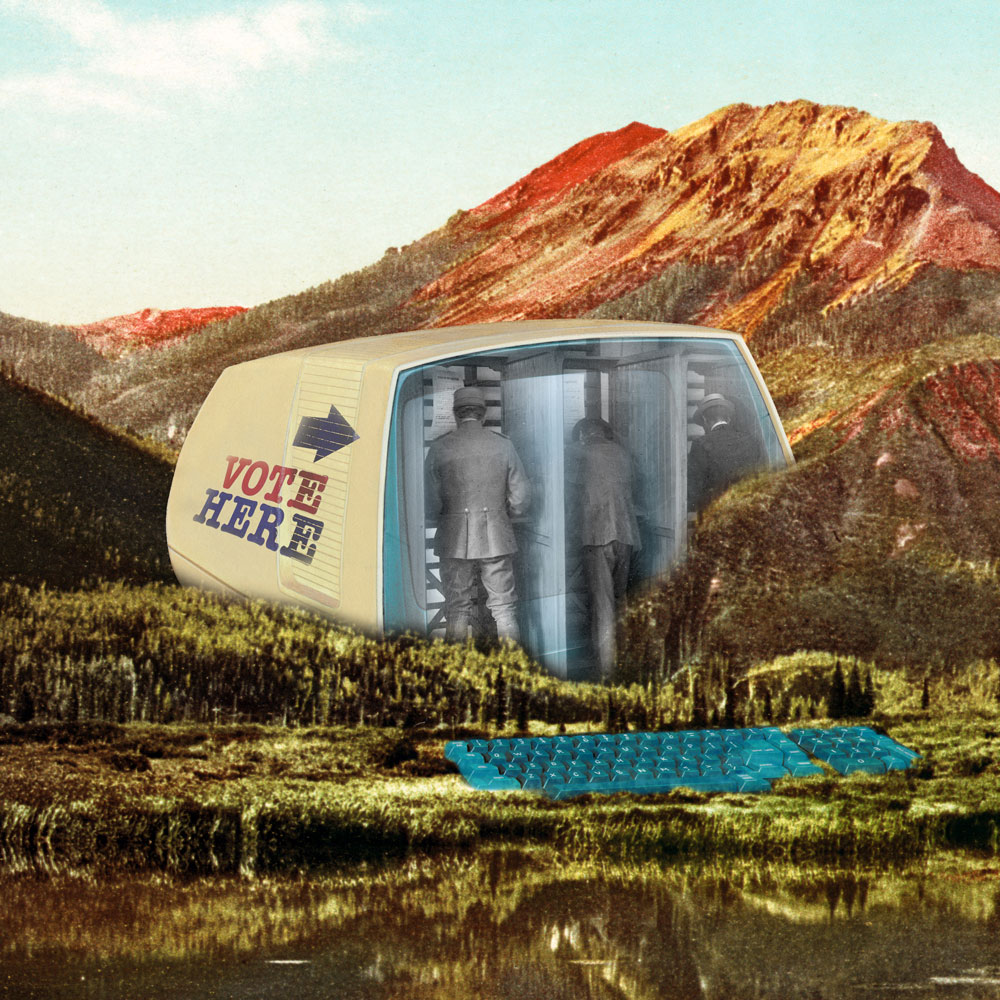University of Manitoba students will be voting using paper ballots again during this week’s University of Manitoba Students’ Union (UMSU) General Election after the union rejected the kind of online voting system that other Canadian universities have embraced.
Al Turnbull, UMSU president, told the Manitoban that it is imperative for candidates and election officials to “physically engage” students, thus providing one reason that the election will be conducted using traditional paper ballots this week.
However, student union elections have seen voter turnout decrease repeatedly under the traditional system.
At the beginning of this academic year, the Manitoban reported a significant decrease in voter turnout for the University 1 student council elections in October, with approximately one-quarter of the prior year’s voter turnout.
Last year’s UMSU General Election was reported as receiving a lower voter turnout than the year before, with the participation of approximately 21 per cent of eligible students. In contrast, the 2013 general election set a record high of 23.7 per cent.
Such low student voter participation has led some universities to institute online voting in order to improve the convenience and efficiency by which students can cast a ballot.
Wilfrid Laurier University in Waterloo, Ontario, experienced a 158 per cent increase in voter turnout after the introduction of online voting in their 2011 student government election. Similarly, Queen’s University saw a three per cent improvement in their student government election turnout when they switched from paper to online ballots in 2010.
Online voting systems are not confined to Ontario universities. The University of Manitoba Graduate Students’ Association (UMGSA) introduced online voting for its elections in 2011, with a corresponding increase in voter turnout.
“It definitely is a benefit to voter turnout and to the easing of the process for the UMGSA. We started doing online voting in February of 2011, so we’ve done it for our general elections for the last few years and referendums as they’ve come up,” said Laura Rempel, president of UMGSA, noting the particularly high turnout of last year’s referendum on the U-Pass for U of M students.
“For our U-Pass turnout, it was 34.2 per cent, which is definitely the highest we’ve had.”
Laura Reimer, assistant political science professor at the University of Winnipeg, told the Manitoban that she is supportive of the movement towards online voting.
“I think it’s simpler, it’s immediate, and students won’t have difficulty doing it,” Reimer said.
“The strength of it is that it’s easy – students could be able to vote from their phones with really no excuse for not doing it. It’s inexpensive, wide-reaching, accessible for everyone who’s got some kind of online expertise.”
While broadly supportive of online voting, Reimer pointed out potential drawbacks that, while more applicable to non-student body elections, could be a potential cause for concern for the campus’s less computer literate students.
“I think the only drawback is that it doesn’t encourage participation by people that aren’t computer literate, and statistics indicate the greatest voting population is seniors,” she said. Turnbull told the Manitoban that online voting is not a catch-all solution, and that it creates a host of other problems beyond lower voter participation.
“I think there are too many holes for potential corruption, hacking, etc [ . . . ] I also think it would take away from us fully engaging the students. It saves money, but I think apathy would rise. Our generation is often spammed with this stuff and I don’t think students, unless they’re engaged, can very well get through their degree without knowing their student union,” Turnbull said.
“I do not think it would increase voter turnout.”
Turnbull said he cannot rule out the implementation of online voting by UMSU in subsequent elections, but goes on to cite his own on-the-job experience as the rationale behind his stance, and the importance he places on personally engaging with students.
“After running two hard campaigns, I’m a firm believer in physically engaging the students. We want to make sure everyone’s getting engaged and sometimes they need a push. Campaigns can get aggressive, but I think we’re all better for it in the end. There’s something very human about voting and getting engaged in your election and I don’t think online voting can ever replace that.”




I’m a med student on a rotation in Thompson during the entire UMSU election. The CRO informed me that I am unable to vote because UMSU only has in-person voting options at this time.
It’s frustrating that UMSU doesn’t allow online voting, or any form of absentee ballot.
You see, if it is only done in person, you can coerce everyone near the polling stations to vote for you!